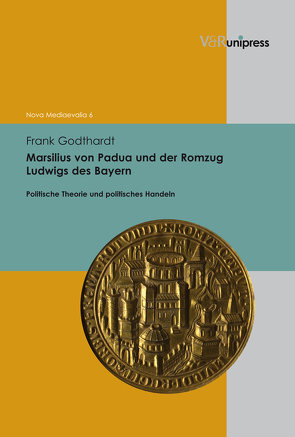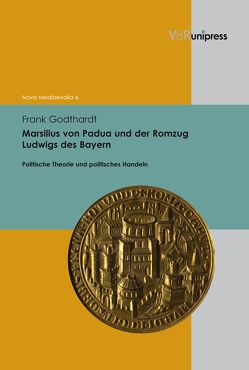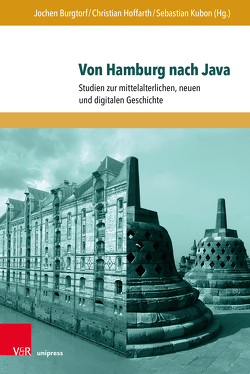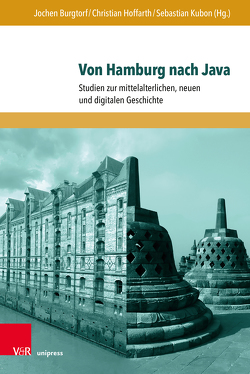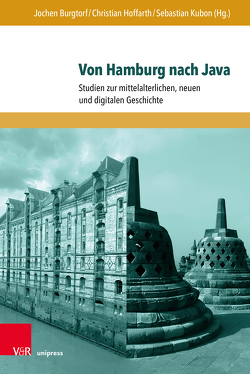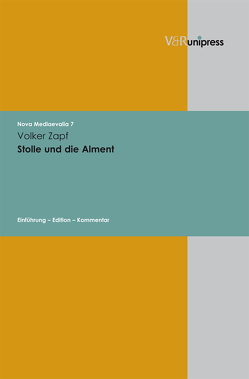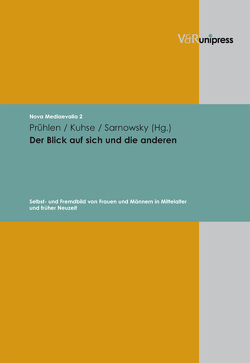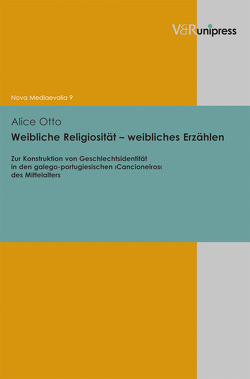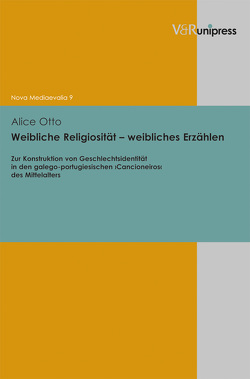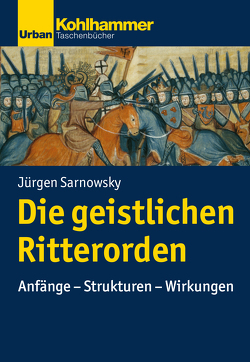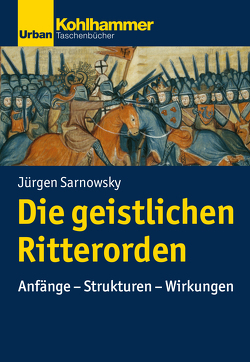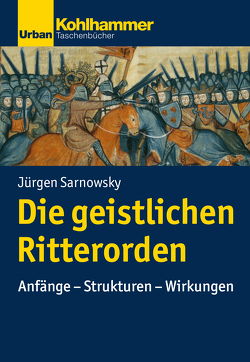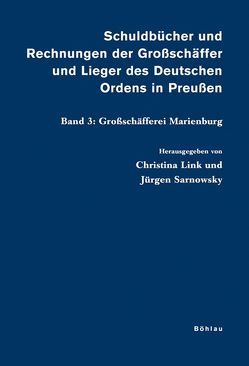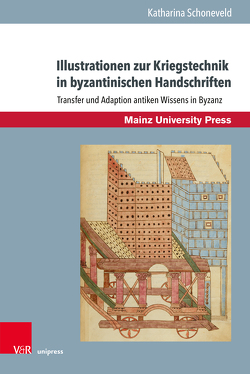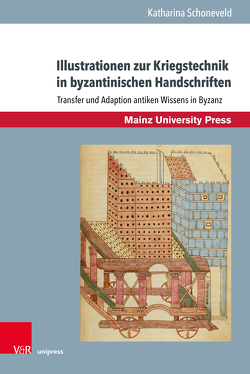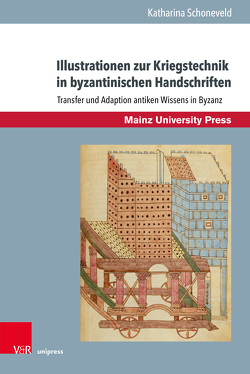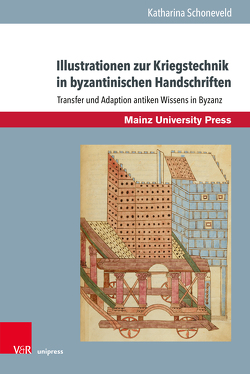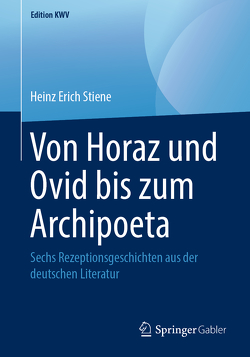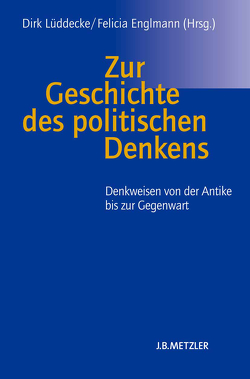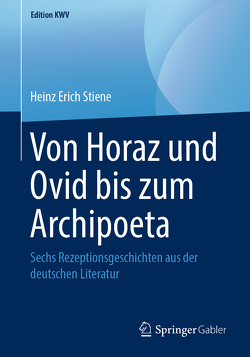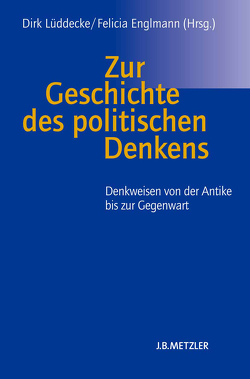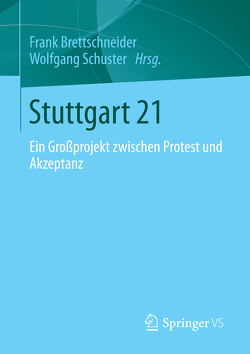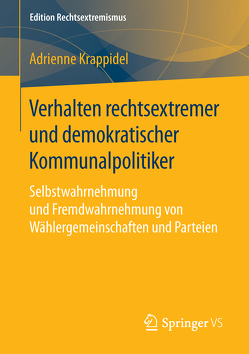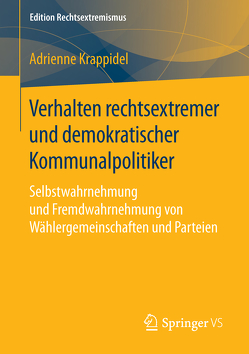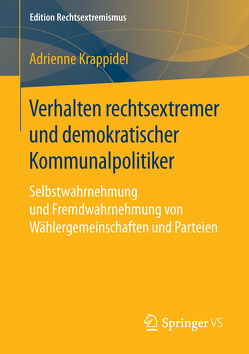Marsilius von Padua und der Romzug Ludwigs des Bayern
Politische Theorie und politisches Handeln
Frank Godthardt, Nikolaus Henkel, Jürgen Sarnowsky
This volume deals with the conflict between Pope John XXII and Emporer Louis of Bavaria, which was the last great dispute between the papacy and German imperial rule in the Middle Ages. In his „Defensor pacis“ (1324) and other writings, the philosopher Marsilius of Padua declared his opposition to the papal claims of his age. In his main work, which was quickly denounced as heretical but seen today as a „classic in political thought“, he developed a theory of a sovereign political community as opposed to the church hierarchy.For a long time now historians and academics from other disciplines have asked what influence Marsilius of Padua, who became an advisor to Louis of Bavaria, had on the ruler, particularly during his Roman campaign. Drawing on a wide range of sources, Frank Godthardt examines to what extent Marsilius‘ political and eccliesiastical principles took effect in the political dealings of Louis, particularly on the occasion of the coronation of the Holy Roman Emporer in the absence of the Pope, the Emporer’s decree of deposition of Pope John XXII, the election and appointment of the last imperial Antipope, as well as ecclesiastical politics in Italy.
